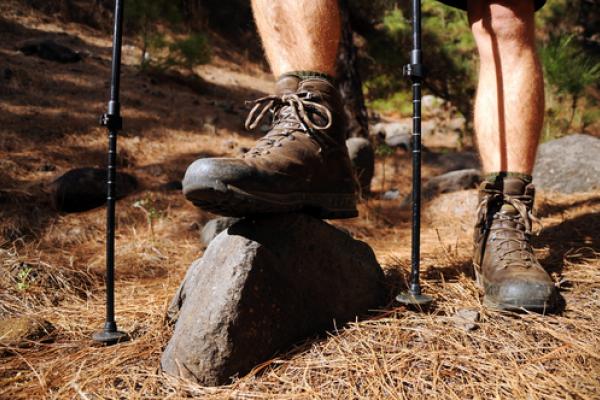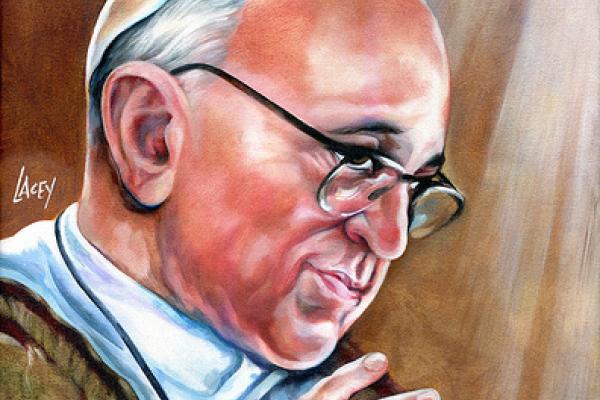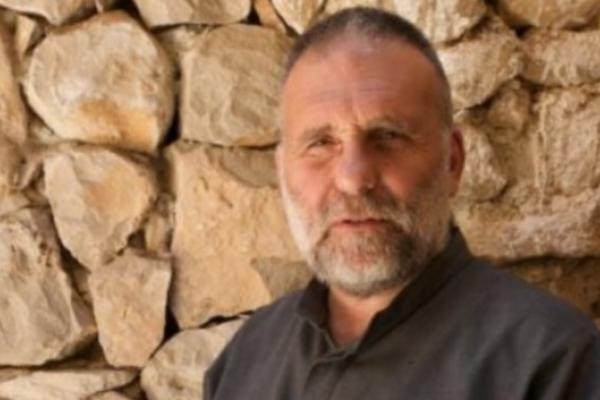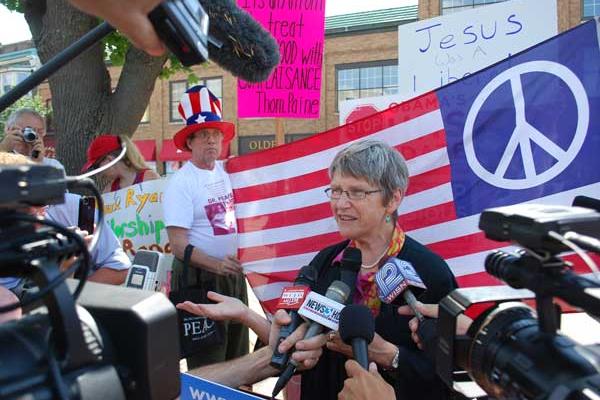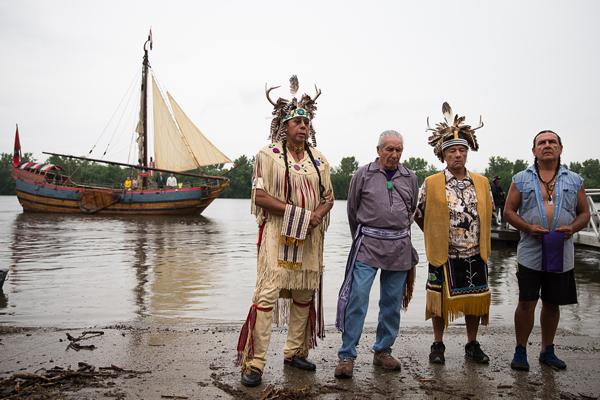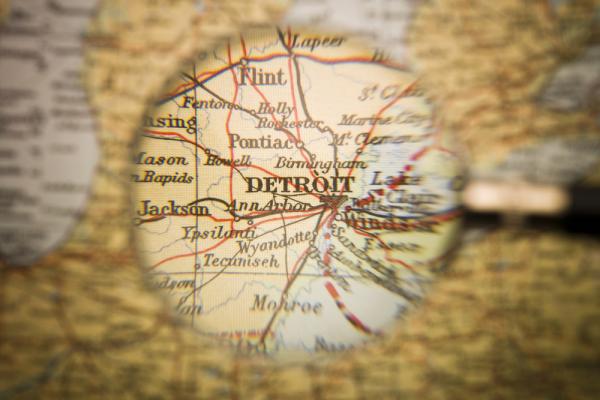Our church is right in the heart of the city and as such, many who make their home outside find their way into our worship services on Sunday and throughout the week for various reasons. The first year Amy and I were here, we made a concerted effort to allow people to sleep on the steps and in the courtyard of the church if they so chose, as it seemed to be the bare minimum offering of hospitality required of us.
In the past few months, however, things have gotten a lot more complicated. Several fights have broken out over turf, a couple of people have fallen and lost teeth or broken ribs, and at least three times, people have broken into the boiler room to sleep. At least once or twice a week, we catch a group of younger folks shooting up heroin in the courtyard, their needles scattered about in the midst of the greenery. We have found every kind of bodily waste one cares to imagine in the common area, and this Sunday during our annual church cookout, I had to escort one man out of the restroom for masturbating to pornography in one of the bathroom stalls.
There comes a point when the hospitality afforded to those we are trying to welcome in has to be weighed against the safety of those already present in the community. Although the sanitation issues and the vandalism were less than pleasant, the violence, drug use, and sexual indiscretions finally pushed us over the line. We met with the Portland police and had a notice posted that said any loiterers who refused to leave upon request would be arrested.
During the week leading up to the “Summer Heat” demonstrations — protesting the Keystone XL pipeline and urging for action on climate change — about 25 people started a hike from Camp David to Washington, D.C. Midway through the 100-mile hike, they were joined by another 50 people at Harper’s Ferry, W.Va. They called their journey the “Walk for Our Grandchildren.”
The name gives away the motivation — the walker’s sense of duty to future generations to leave a healthy planet. When they reached DC, many were arrested in an act of civil disobedience at the offices of Environmental Resources Management, a consulting firm given the task of writing the environmental review of the Keystone XL pipeline — a firm which also works for TransCanada, the energy company seeking to build the pipeline. Many others spent that Friday night at a church, and joined the Summer Heat demonstrations at the White House the next day.
Pope Francis quickly is establishing himself as the “peoples’ Pope.” He has actively advocated for the poor, downplayed his elevated status, and speaks in colloquial terms that make him seem that much more human. He has left open the possibility that non-Catholics, non-Christians, and even atheists may fall within the vast embrace of a radically loving and merciful God. And now, he’s even made what many consider at least a benign – if not affirming – statement about homosexuality.
Historically, popes have toed an ideological line, asserting that homosexuality is inherently evil, and that all gay people are fundamentally disordered. In an expression of sincere humility, political savvy, or perhaps some combination of both, Francis took a more compassionate position, adding at the end of his comments, "who am I to judge?"
Welcome to the 20th century, Catholic Church.
The battles over immigration reform and race have weighed heavily on me this summer. They have each become a symbol and a test, for me, of whether we can resurrect “the common good” in this nation.
I say that having just met with virtually all the key decision makers on when, how, and even if our nation’s politicians have the capacity to reform our terribly broken immigration system and help heal the nation from all the pain it has caused. Almost two-thirds of the country — both Democrat and Republican — is for reform, but this ideological impasse is now the greatest threat to our 11 million undocumented friends and neighbors in this country. I have met with both Republican and Democrat senators and members of Congress, including their leaders, the president and his leadership team, law enforcement officials, business leaders, and hundreds of pastors and Christians across denominations and backgrounds — all of whom want to repair this deeply flawed and cruel system.
There is so little substance to oppose reform. It’s good for the economy, for law enforcement, for families, communities, and congregations, and for the moral fabric of our nation — as a place of diversity, growth, and welcoming.
You see, politics really isn’t the problem here. Nobody wants to talk about what is at the very heart of the problem: race.
A prominent Italian Jesuit who is an outspoken supporter of the uprising against Syrian President Bashar al-Assad went missing in Syria Monday, fueling speculation that he has been kidnapped by an Islamist group.
The Rev. Paolo Dall’Oglio, 58, lived for three decades in Syria, where he established an ecumenical community at Mar Musa on the site of an early Christian monastery, engaging in interfaith dialogue with Muslims and forging close ties with the local population.
He was expelled in 2012 by the Assad government for his support of the rebels.
Sister Simone Campbell, the face of the famous “Nuns on the Bus” tours, and Rep. Paul Ryan, the brains behind the House Republicans’ budget-cutting plans, have for more than a year represented diametrically opposed camps on how to apply Catholic social teaching to American fiscal policy.
At a House Budget Committee hearing on Wednesday, the two Catholics had a chance to square off as the sister testified before Ryan’s committee about hardship in America as the nation nears the 50th anniversary of President Johnson’s 1964 declaration of the “War on Poverty.”
Yet there were few fireworks nor much in the way of theological debate, as Ryan, R-Wis., did not go out of his way to champion the GOP budget plan that bears his name. That plan focuses on cutting social programs that Campbell says are key to supporting struggling Americans and also boosting the economy.
As a young Iroquois boy living on the Onondaga Nation, Hickory Edwards paddled, swam, fished and caught crabs in the creek close to his parents’ house.
To celebrate his love of the water, Edwards is leading a group of about 200 people paddling canoes and kayaks down the Hudson River from Albany to New York City as part of the Two Row Wampum Renewal Campaign.
“I feel really close to the water,” Edwards said. “It’s life-giving, and to be so close to water is to be close to nature.”
The nine-day journey, from July 28 to Aug. 9, is part of a yearlong educational program marking the 400th anniversary of the 1613 agreement between the Haudenosaunee, or the Iroquois, and the Dutch settlers.
Eventually, Butch invited me to come to his home and meet his family. I felt deeply honored and very eager to go. But every time I asked him to write directions to his place, he would change the subject. Finally one day with pen and paper in hand, I sat him down and said, "Look, Butch, how do you expect me to get to your house if you don't write out directions for me?"
Awkwardly he began to scribble on the paper. I was deeply sad when I realized the reason he had hesitated before was that he could barely write; I was ashamed at my insensitivity.
That small incident was very significant to me. I went home that night and both cried and cursed. I could not believe that someone as bright as Butch had hardly been taught to write. I was furious at a system that had given me so much and him almost nothing, simply by virtue of our skin color. By accident of birth, I had all the benefits and he all the suffering. I vowed again through angry tears to do everything I could to change that system.

